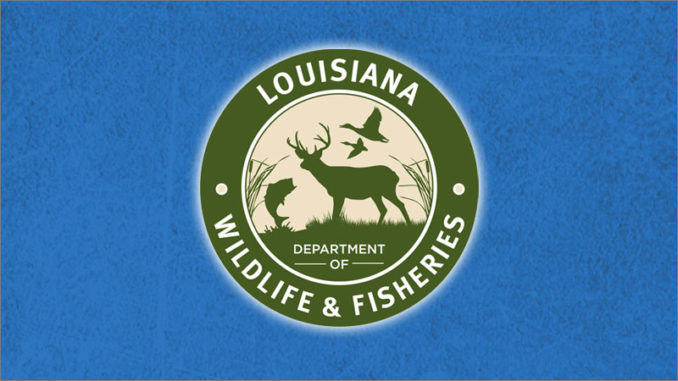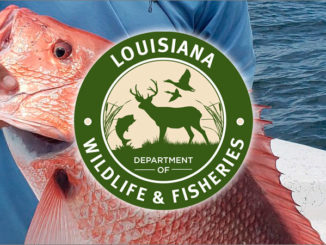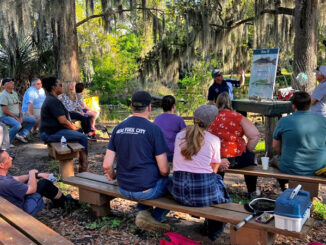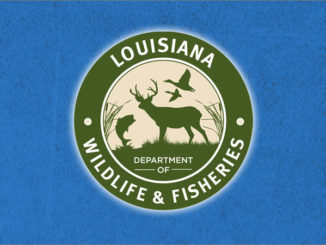
Earlier this year, the Louisiana Wildlife and Fisheries Commission adopted a notice of intent to modify crappie regulations on Bayou D’Arbonne Lake in Union Parish near the town of Farmerville.
The new regulations took effect on Nov. 20, 2022, limiting the daily take of crappie that measure over 12 inches in length to seven per person. The total daily take remains 50 crappie per person.
This change is an effort to increase the number of larger crappie in the population. It also has the potential to improve the growth rate of crappie in Bayou D’Arbonne Lake, which was identified as being below average in a recent assessment of the fishery. Improved growth rates could be achieved with this new regulation by directing angler harvest to the more abundant smaller size classes of crappie in the lake.
The regulation will be fully evaluated after a minimum of three years to determine if it is achieving desired results.
While the regulation alone could help reach the goals for Bayou D’Arbonne, LDWF also urges anglers to use best practices when releasing crappie, especially those caught from depths exceeding 20 feet during the winter months. Fish caught from these depths will often experience barotrauma and may not be able to deflate their swim bladders, which prevents them from swimming back down is often lethal to the fish. If a fish is going to be released, it is advised to release that fish while it is still in the water if possible and minimize handling above the surface. While “fizzing” or venting a fish with a hypodermic needle may be effective in relieving barotrauma, LDWF strongly recommends this only be done by those who have been properly trained on the technique, as it could cause more harm if done incorrectly.
Another ethical practice is not to cull deep caught crappie from a livewell, as these fish will usually not be able to swim down on their own. LDWF urges all sportsmen to cooperate in protecting our state’s unique and cherished wildlife and fisheries resources.
For more information, contact Ryan Daniel at (318) 343-4044 or rdaniel@wlf.la.gov.


